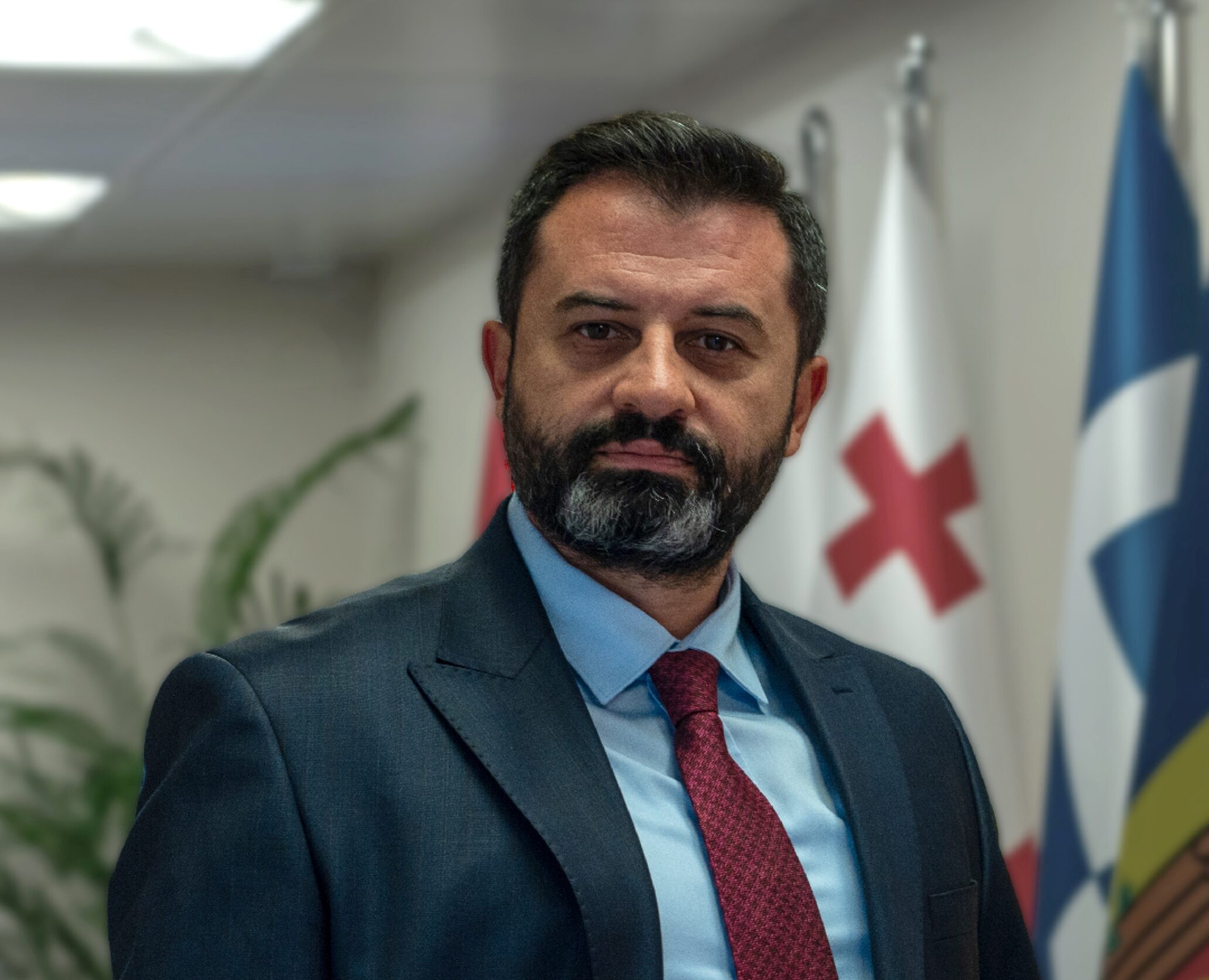
Black Sea Trade and Development Bank (BSTDB) provides loans, equity investments and guarantees to clients across the EU. President Serhat Köksal talks about the challenges ahead, and how collaboration is the key to progress.
Q: What was your first challenge on becoming the bank’s President?
When I assumed the presidency in 2022, I had already served on the bank’s board of directors for two years. This allowed me to hit the ground running. Much of my tenure has been defined by the challenges arising from the war in Ukraine. The conflict required a difficult balancing act: on the one hand, fully complying with evolving sanctions regimes and, on the other, continuing to serve all our member countries, especially those most affected by the economic fallout.
Q: How did you navigate these hurdles?
When I became president, the capital increase process was already underway but faced difficulties. Russia had the right to participate as a shareholder in good standing, but sanctions raised serious reputational and legal risks. We ultimately reached a solution that complied with all legal requirements while preserving the rights of all shareholders. It was a complex situation that reinforced our commitment to careful and principled leadership.
Q: How do you approach current and potential partnerships?
We have a close relationship with Frankfurt-based KfW – we have worked together for many years. KfW IPEX-Bank also participated in our recent syndicated loan, further strengthening our cooperation. We are in regular contact with Deutsche Bank to explore potential collaboration, particularly in trade finance and capital markets. Their expertise and global reach make them a strong potential partner. With LBBW, we had a bilateral facility that recently matured, and we are now exploring the possibility of establishing a new one. They have played a valuable role in our trade operations.
Q: What is your strategy to attract investors?
On the investor side, 2024 was a milestone year. We issued small bonds that were listed for the first time on the Frankfurt Stock Exchange. This was a crucial step in increasing our visibility and engagement with German investors, and we observed encouraging interest in our credit. Looking ahead, we plan to update our mid-term loan programme in September 2025, marking our return to the international bond markets as an international financial institution.
We offer something distinctive: a focused regional mandate, strong fundamentals and diversification for German investors seeking exposure with a development angle. Germany’s financial institutions and investors are natural partners for us. We see real potential to do more together, especially in green finance, lending structures and SME support across all regions. We look forward to deepening these relationships in the months and years ahead.
Q: Which other sectors offer significant potential for German investors?
We believe the Greek market offers many opportunities for German investors, both institutional and individual. Historically, the bank has anchored investors in Greek corporate bonds such as Aegean Airlines and Terna, enhancing liquidity on the Athens Stock Exchange. BSTDB also provides guarantees for public-private partnership projects in tourism and infrastructure, and we have seen significant investor interest in these sectors. We would be pleased to consider offering such support to German investors in Greece.
Q: What is your strategy for advancing sustainable investments?
Sustainability has been at the core of the bank’s business model since its inception and stems from the main objective of BSTDB: to contribute to the transition toward prosperity for the people of the region. We believe this can be effectively achieved by applying sustainable development principles to our portfolio management and financing decisions.
These principles include pollution prevention and mitigation, respect for fundamental human rights, labour and working conditions, addressing climate change, public disclosure of project-related environmental and social issues, environmental information, and open dialogue with stakeholders, among others.
Q: How does your sustainability strategy influence the bank’s operations?
These principles are policy requirements approved by the board of directors, applied systematically across the entire portfolio, and reflected in BSTDB’s strategic documents, such as the climate change strategy and mid-term strategy.
Q: How have your professional experiences shaped your approach to business?
Each of my roles has given me a different perspective on international finance and public service. At the Ministry of Treasury and Finance, I worked on international economic relations, developing policies, negotiating agreements and understanding how national priorities intersect with global trends. At the Council of Europe Development Bank, I gained direct exposure to multilateral development finance in the European context. It was an excellent environment for understanding how institutions like ours can catalyse positive change. As a principal auditor at the Turkish Court of Accounts, I developed a strong appreciation for oversight, accountability and financial discipline, principles that remain essential in my current role.
Q: How would you describe your leadership style at BSTDB?
In terms of leadership, I strive to balance technical rigour with strategic vision and to lead with integrity, especially when navigating complex and sensitive issues. I have learned that in multilateral settings, listening is as important as speaking, and that building consensus, especially in highly challenging times, is often the most effective form of leadership.
Q: What sets apart BSTDB – and Greece – as an investment destination?
BSTDB has an open-minded management structure and is ready to work with all legitimate business partners. We are prepared to support not only through financing but also with our technical expertise and assistance. I actively seek collaboration opportunities with other institutions and welcome peer institutions, commercial banks and investors to engage with BSTDB and collaborate with us in addressing regional development challenges in Greece and our other member countries.

